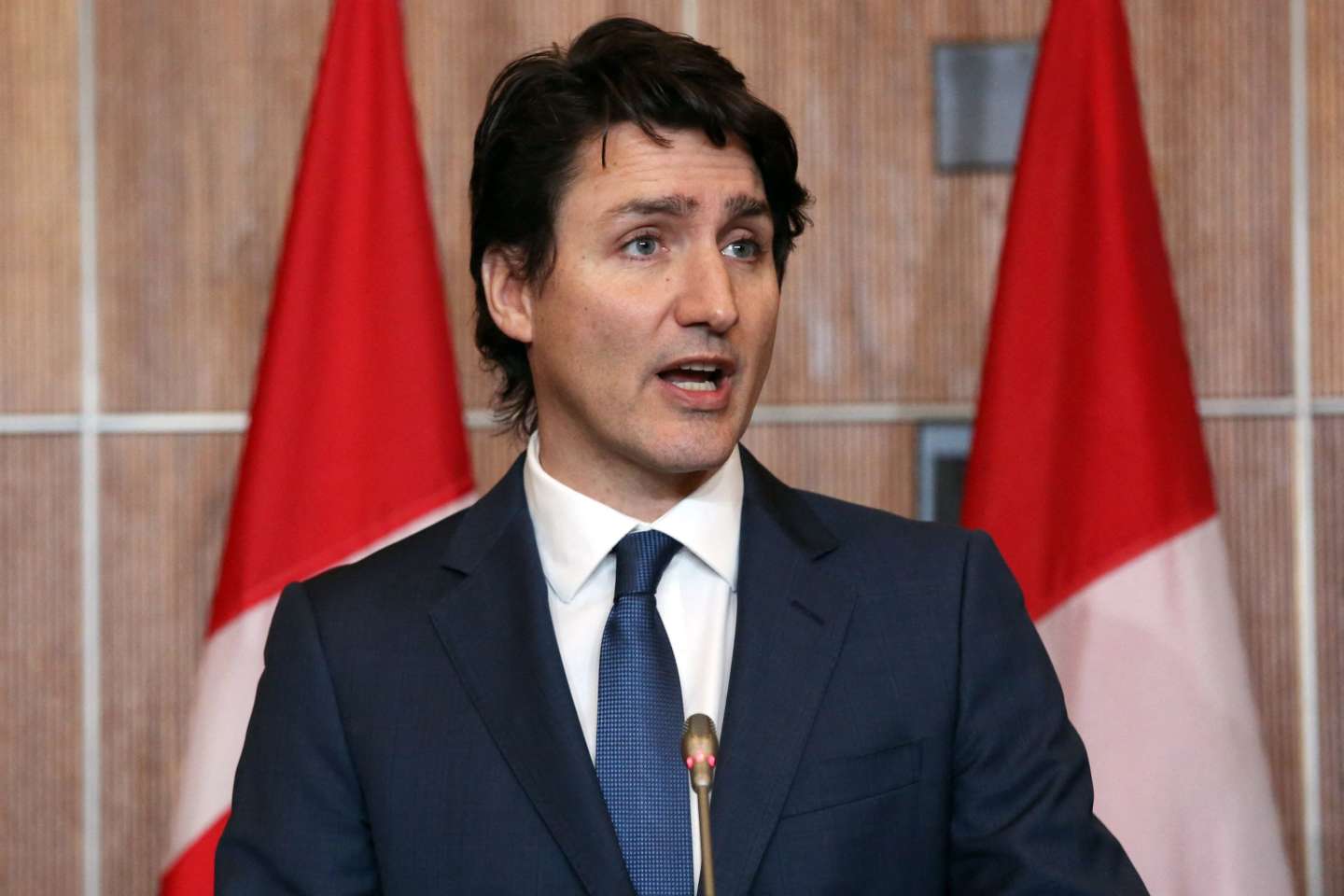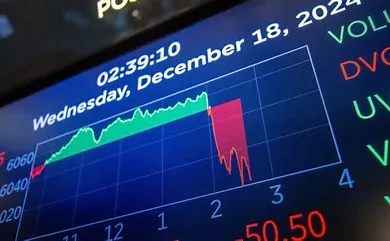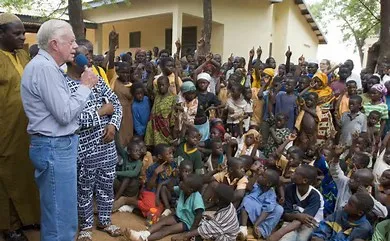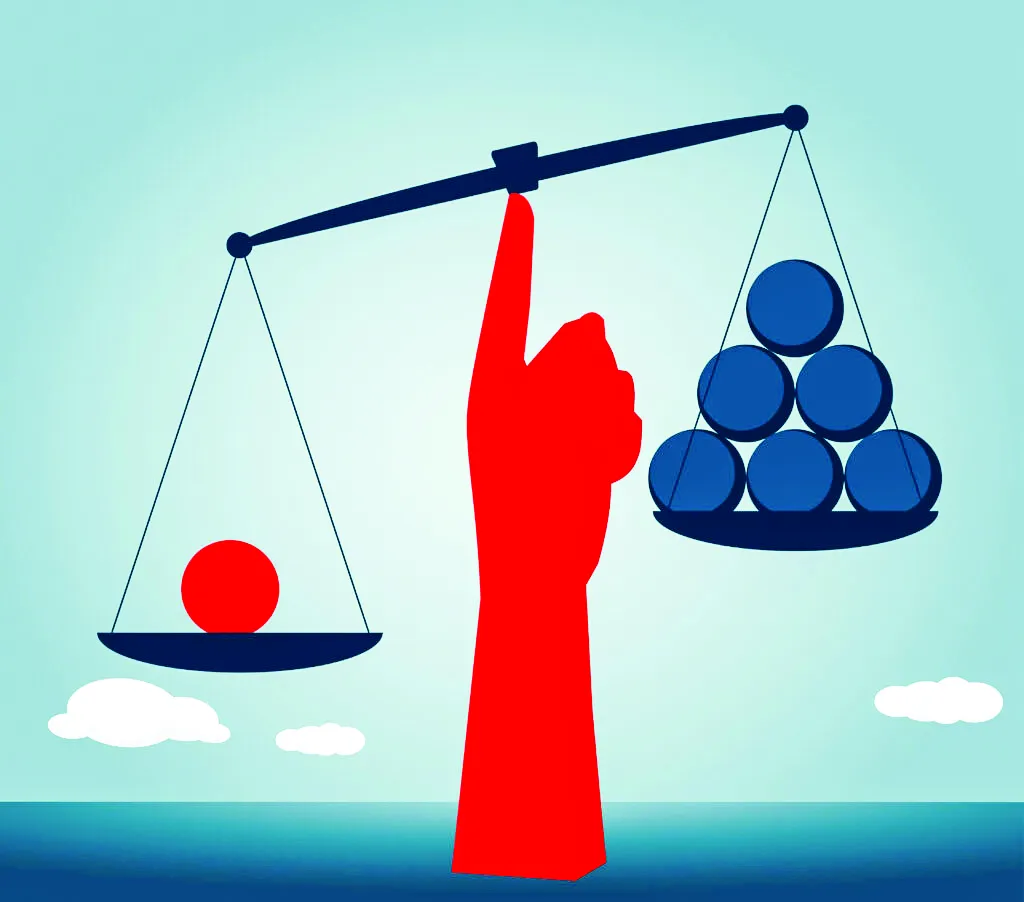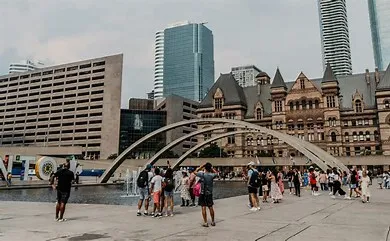India resumed e-visa services for Canadian nationals from Wednesday after two months. The service had been stopped because of “operational reasons” that included threats posed to Indian diplomats by extremist elements operating from Canadian soil. This came in the backdrop of Canadian Prime Minister Justin Trudeau’s charge that Indian government agents possibly killed Canadian citizen and Khalistani terrorist, Hardeep Singh Nijjar. Trudeau made this charge in Parliament without providing a shred of evidence, soon after returning from India where he attended the G20 summit. All that he spoke of was “credible allegations”. Two months later, he is yet to provide any proof to back up his “credible allegations”. Instead, he has been lobbying with different countries to put pressure on India to “come clean”. Amid this, even last week, on the day of Diwali, he was seen pouring venom on India for “violating the Vienna Convention” by asking around 40 Canadian diplomats to leave the country. After which Canadian Trade Minister Mary Ng asserted that Canada would not discuss trade with India unless and until it cooperated in the investigation into Nijjar’s killing. There was some speculation that to show his anger with India, Trudeau would not attend Wednesday’s G20 meeting hosted by Prime Minister Narendra Modi virtually. Hence, it was a surprise that Trudeau turned up for the G20 virtual summit, the last engagement of India’s G20 presidency before Brazil assumes the chair from 1 December.
These two developments have led to speculation if there is some sort of a thaw in relations between the two countries. Some backchannel talks apparently have been going on between the two countries. But whatever be the outcome of such talks, India needs to be wary of Trudeau. He could have attended the G20 meeting to send out a message to his Five Eyes partners that he was keen to mend relations, even though, according to him, India was not following the rule of law. Optics could be his main consideration here. After all, it was just last week that he was bad-mouthing India in the harshest of terms, so there is no way that he has had a change of heart in the last 10 days. “This is not a fight we want to be having right now. But we will unequivocally always stand up for the rule of law because that’s who Canada is,” he had said. The sheer hypocrisy of his statement is astounding. Here is a man who has given a free run to all sorts of extremists in his country—extremists who are involved in terrorist and gang violence, who physically intimidate those who do not support them, including civilians from their own community, threaten to kill diplomats and the Prime Minister of a foreign country, openly call for the invasion of the places of worship of a particular faith, go public with warnings of bombing of planes. But Trudeau does not take any action against them because he believes any punitive measures will impact his vote share in the marginal seats. Which rule of law allows outlaws to get away by giving death threats, because threatening terrorist attacks is apparently freedom of speech? And that too when history shows that ignoring similar threats by the Canadian authorities resulted in one of the worst terrorist attacks on a civilian airplane that the world has seen, the Kanishka bombing of 1985 by Khalistani terrorists, which killed 329 people.
What is also problematic is the mischievous use of the media to try to corner India, by hurling the most outlandish allegations against it. Trudeau has been doing it and this seems to be escalating. The day the virtual G20 meeting was held under India’s leadership, on Wednesday, two reports suddenly emerged about how India has been running death squads globally. One of the reports published by an internationally known business newspaper, which has been dishing out “scoop” after “scoop” against India based on Trudeau’s “credible allegations”, claimed that India was trying to bump off Gurpatwant Singh Pannun on American soil and the US warned India against it. Pannun, who holds both US and Canadian passports, is the man who has been issuing the most vile threats against India and Indians, and even threatened to blow up Air India, with both the US and Canada turning a blind eye to him.
The other “investigative” report by a western digital platform quotes documents “produced by Pakistan’s Intelligence Bureau, a civilian-controlled security agency somewhat akin to the FBI”, to claim that “the Research and Analysis Wing, or RAW, has been planning assassinations targeting Sikh and Kashmiri activists living in foreign countries”. That a western media platform can be so gullible that it takes Pakistan’s fact-free claims against India at face value, is causing much mirth among Indian social media users. The issue in reality is more serious. All these hit jobs have surfaced at a time when India is back in the news internationally because of the G20 meeting and because of the just concluded India-US 2+2 meetings. Hence, it seems to be a case of building up a narrative of India as a rogue country, that does not fit into the international order governed by the rule of law, and thus is an unfit security and trade partner for the West, specifically the United States. The aim clearly seems to drive a wedge between India and the US, the countries that together can pose a serious challenge to the rising power in the East.
There are wheels within wheels in this case, with Justin Trudeau being one of the cogs in one of the wheels. He is possibly a minor player, but a player nonetheless. There is no reason for India to trust Trudeau.

